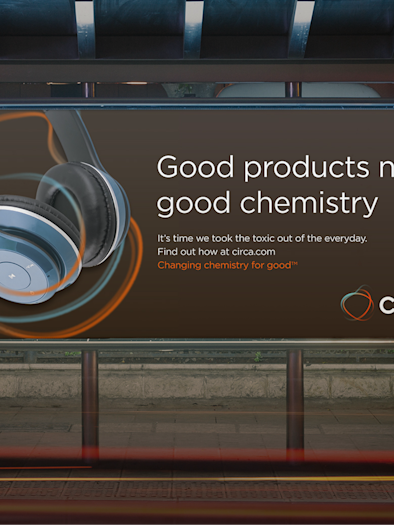
Making measurement resolutions stick
The beginning of a new year, let alone a new decade, inevitably brings with it questions of what we want to achieve (and of course, what we’ll need to change to get there).
Traditionally at this time of year we’ll think about that in terms of resolutions. In our personal lives it might be a commitment to spend more time at home with our families and off of our phones. Or the age-old attempt at improved health or fitness. At work, we might talk about going inbox zero, or commit to finally changing a business practice – like improving how you measure and demonstrate value.
The problem, of course, is that we as humans are really bad at sticking to our resolutions. In fact, according to Inc. magazine, about 80% of us fail.
But there’s a reason we reappraise our approaches at this time of the year, and lots of good reasons to keep measurement at the forefront of your own innovation agenda for 2020. So what are a few ways you can ensure you’ll be the one of five who succeeds?
Don’t try to tackle everything at once.
There’s something really lovely that in chemistry, the definition of resolution is “the process of reducing or separating something into constituent parts or components.”
Often we fail because we set unreasonable goals and don’t consider what it will take to actually get there. So once you’ve decided on that big target you want to achieve, take a page out of your old chemistry textbook and break it down. What will you actually need to do to achieve it, and can you set milestones along the way that help you feel that you’re progressing?
For example: if this year you’d really like to see a shift in your evaluation away from outputs towards more tangible measures of success, break that down into smaller action steps. A great way to start is using tools like the AMEC M3, which will also help to show you the progress you’ve already made on the journey (also a tried-and-true behavioural science technique to driving organisational change).
Engage your partners in the task.
You could alternatively title this suggestion ‘don’t try to do everything yourself’.
Measurement can’t be achieved in a vacuum. Particularly if you’re looking to expand on the type of data or metrics included in your evaluation, working with partners is unavoidable. So rather than fight the journey by yourself, bring your partners in from the beginning and ask for their help in tackling your 2020 resolution.
In this case, partners can mean a few things. Certainly speak to your partners from a data and analysis perspective – those companies who provide your existing reporting can probably connect you with valuable resources or make suggestions or introductions if you’re looking to bring more data into the mix. But also think about who in your own organisation is poised to support you – whether it’s your manager or a colleague in an operational function. Making your commitment to improving measurement more public within your organisation will also encourage you to follow through.
Take setbacks in stride.
As much as we like to plot it this way, growth is rarely a linear process. Often it’s more of a “one step forward, two steps back” progression.
Rather than being discouraged if your first forays into evolving your measurement fail, bake it into the process from the beginning. If you approach measurement with a test-and-learn mindset failure suddenly transforms from a problem to an opportunity to see what doesn’t work (as well as what might, next time). And if you’re finding the process a demotivator, lean back on those partners who you involved earlier in the journey to keep things moving in the right direction.
There you have it: three ways to help you on your journey to seeing measurement more clearly in 2020. So what are your measurement resolutions this year? Tell us in the comments or pick up the conversation on Twitter with @AMECorg or @allison_spray.








